There are 13 types of vitamins, which are obtained from food, supplements, or medication. Vitamins are necessary for the body’s proper functioning and nutrient absorption, and aid in the organism’s construction.
Expand your knowledge of vitamin C by delving into four important historical dates :
1747 – The James Lindt Experiment:
Evidence of the importance of vitamin C dates back to the 18th century when physician James Lindt administered large doses of lemon juice to sailors suffering from scurvy, resulting in the crew’s recovery.
1934 – The Scientific Discovery of Ascorbic Acid:
It was not until 1928 that Albert Szent-Györgyi managed to isolate “hexuronic acid,” and Haworth determined the precise structure of vitamin C in 1934.
1969 – Vitamin C, the Workhorse of Double Nobel Prize Winner Linus Pauling:
Linus Pauling created controversy in 1969 by extolling the medical interest of ascorbic acid on human health and continuously tested its potential.
2016 – The Ubiquity of Vitamin C:
Vitamin C production reached 110,000 tons in 2016 and is ubiquitous in the food industry under the name of additive E300. The pharmaceutical and cosmetics industry also makes it one of the best sellers, offering it in various forms.
What is a Vitamin?
Vitamin C is an antioxidant that fights free radicals caused by external factors, and contributes to collagen formation, wound healing, and antioxidant defense. Synthetic vitamin C is identical to natural vitamin C, but high dosages may irritate sensitive skin. Vitamin C does not increase photosensitivity and reinforces antioxidant defenses, but is photosensitive itself and its action decreases under heat and sun.There are 13 types of vitamins, which are obtained from food, supplements, or medication. Vitamins are necessary for the body’s proper functioning and nutrient absorption, and aid in the organism’s construction. Vitamin C is an antioxidant that fights free radicals caused by external factors, and contributes to collagen formation, wound healing, and antioxidant defense. Synthetic vitamin C is identical to natural vitamin C, but high dosages (above 15%) may irritate sensitive skin. Vitamin C does not increase photosensitivity and reinforces antioxidant defenses, but is photosensitive itself and its action decreases under heat and sun.
Where can you find Vitamin C in our products?
Recovery Night Mask
- Antioxidant and restorative: Stabilized vitamin C
Stimulates collagen synthesis and diminishes dark spots
- Lifting and firming: Microencapsulated peptide
Regenerates skin cells, reduces and prevents wrinkles, increases elastin synthesis
- Plumping and moisturizing: High and low molecular weight Hyaluronic Acids
Replenish superficial and deep hydration of the skin, plumping effect
Shot C15
- Vitamin C (sugar fermentation)
Stimulates collagen synthesis and diminishes dark spots.
- High and Low molecular weight Hyaluronic Acid (yeast and wheat fermentation) :
Replenish superficial and deep hydration of the skin, plumping effect
- Cranberry extract (Canadian cranberries)
Anti-inflammatory properties to reduce redness and irritation.
Additionally, the high levels of vitamin C in cranberry extract can help boost collagen production, promoting firmness and elasticity in the skin

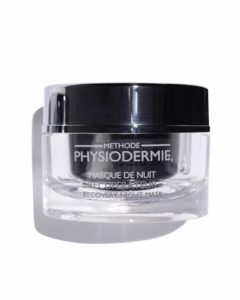
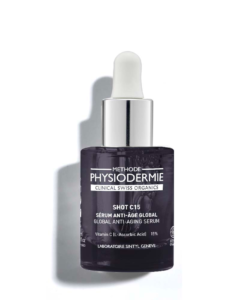

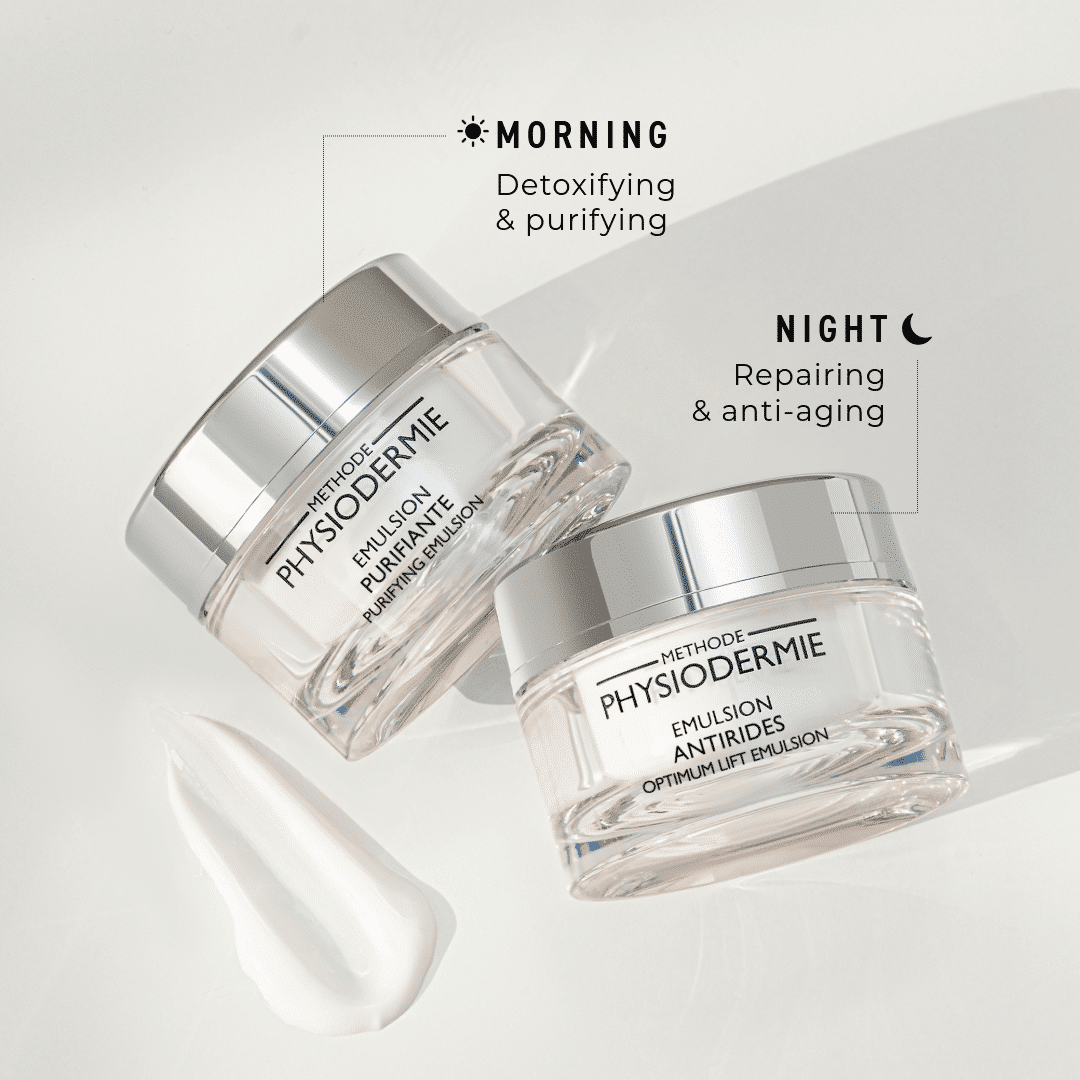
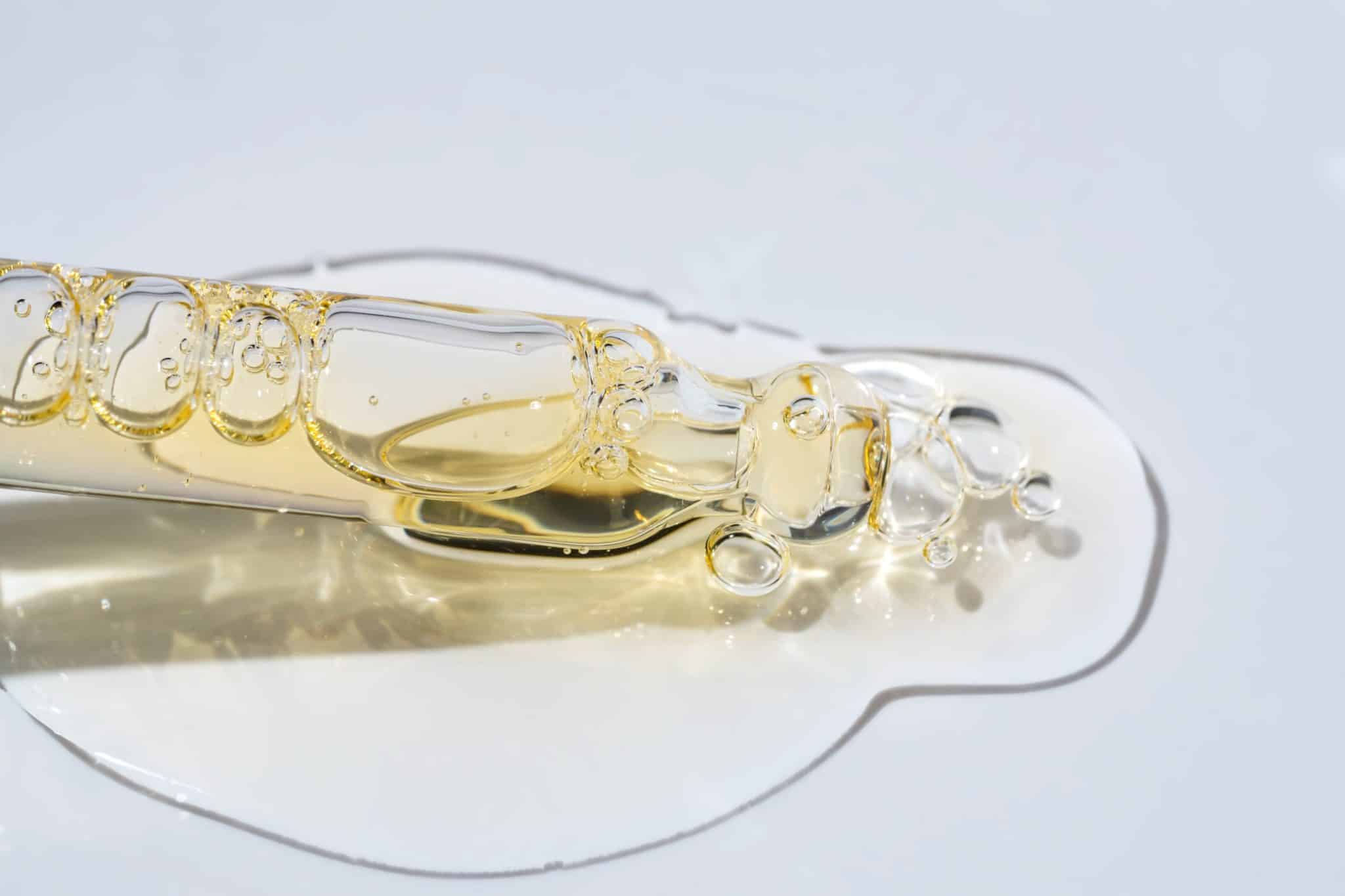
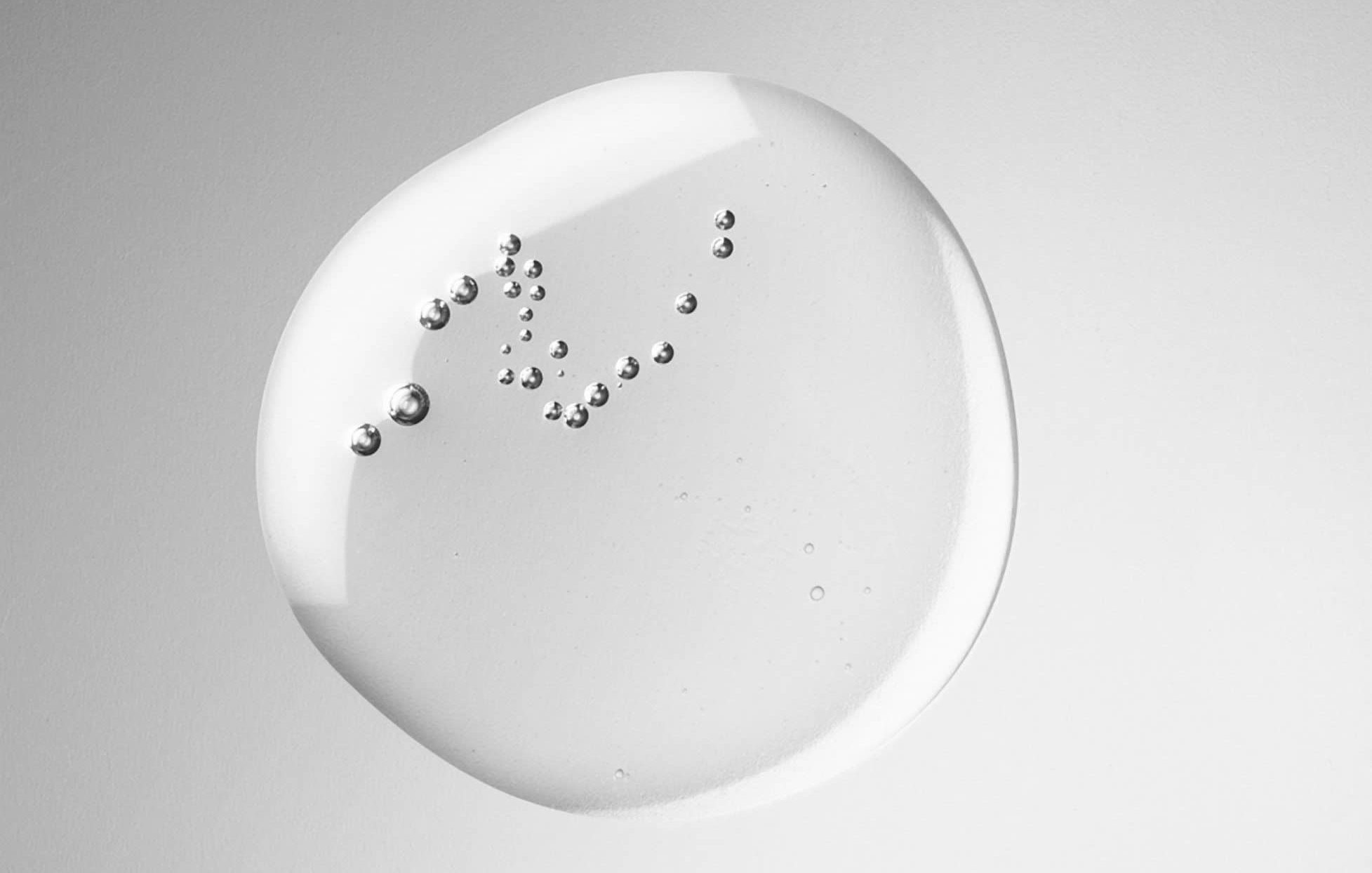

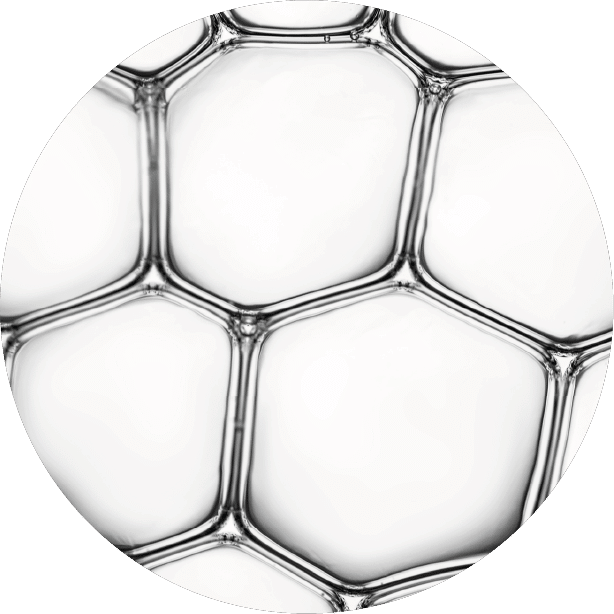
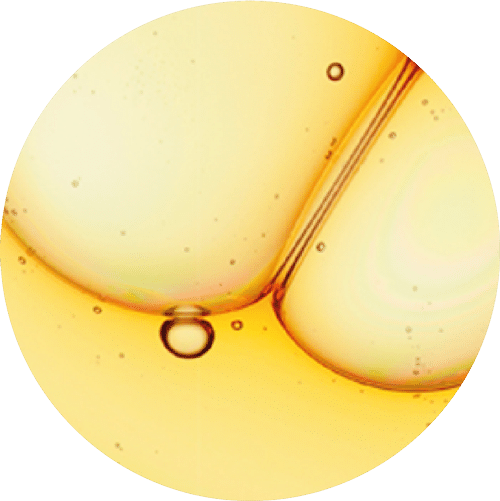
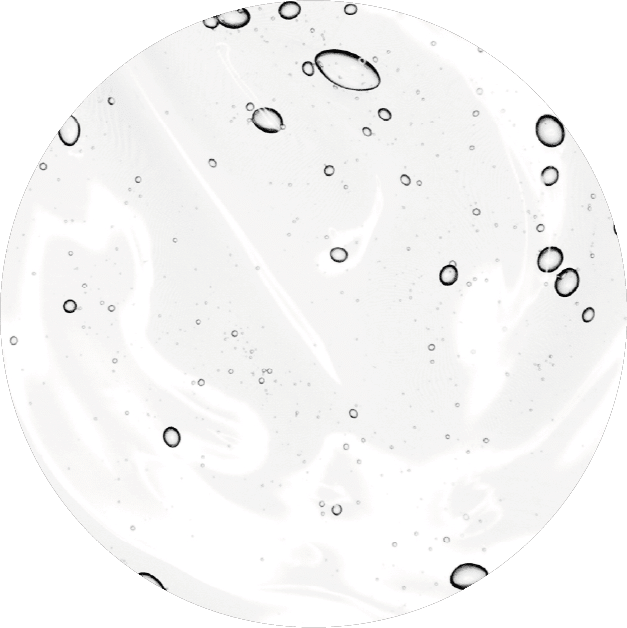

Leave A Comment